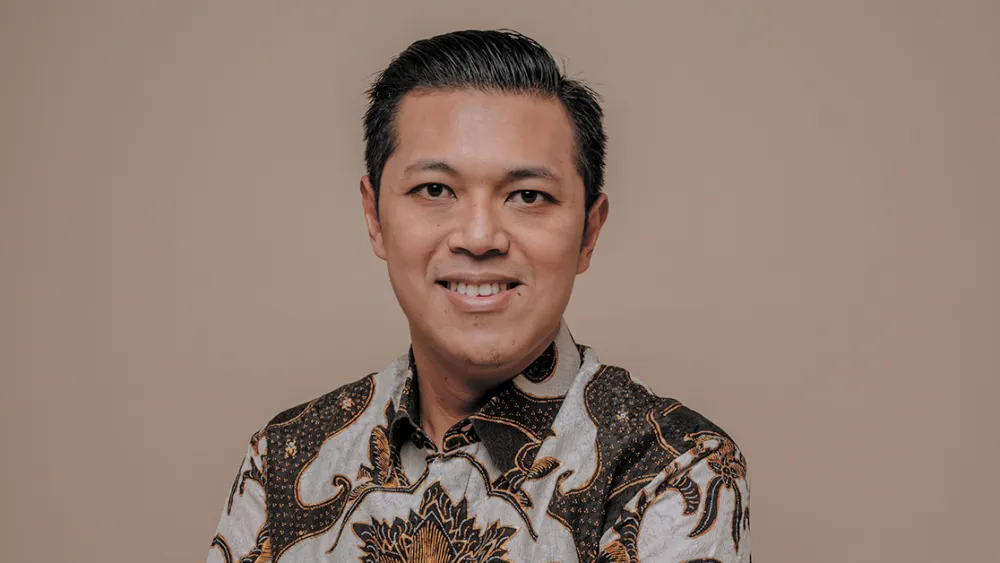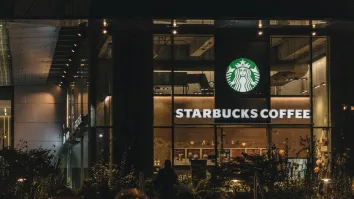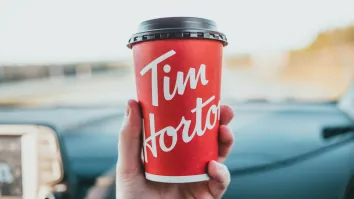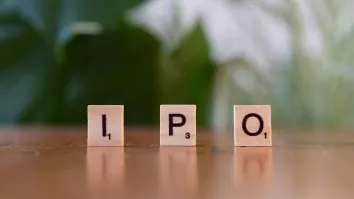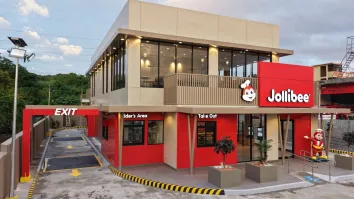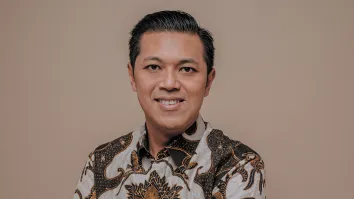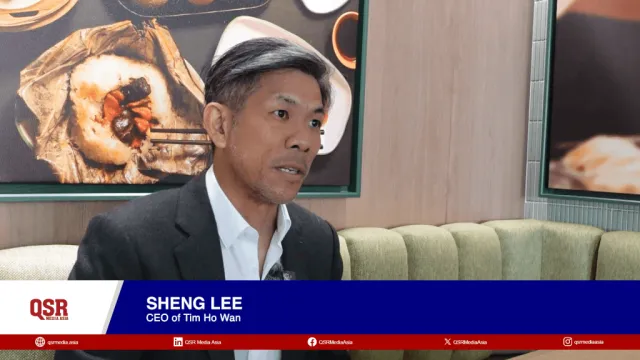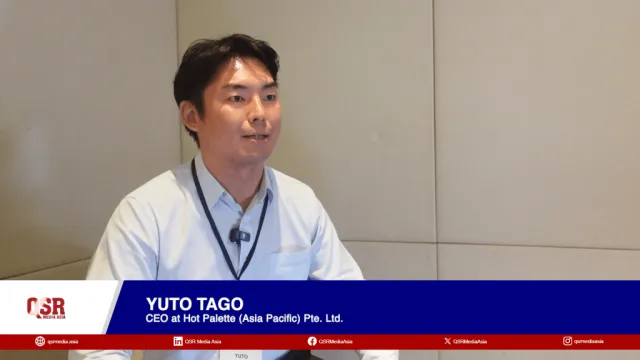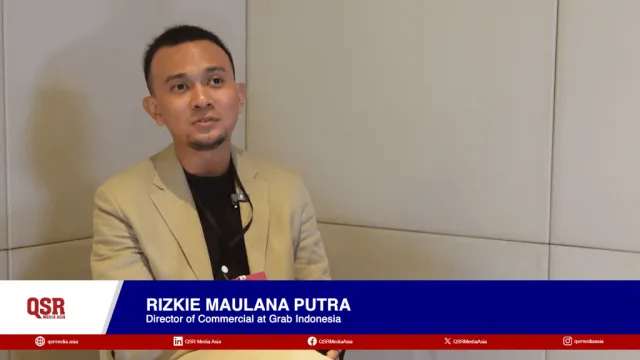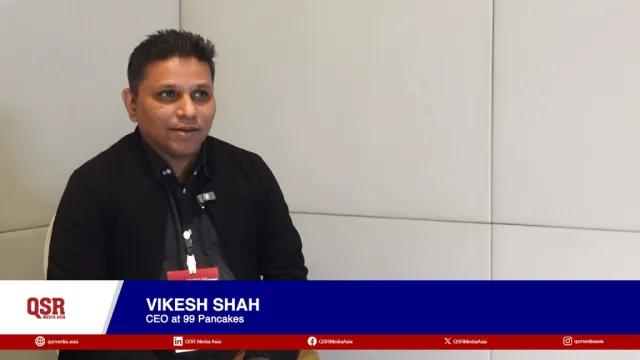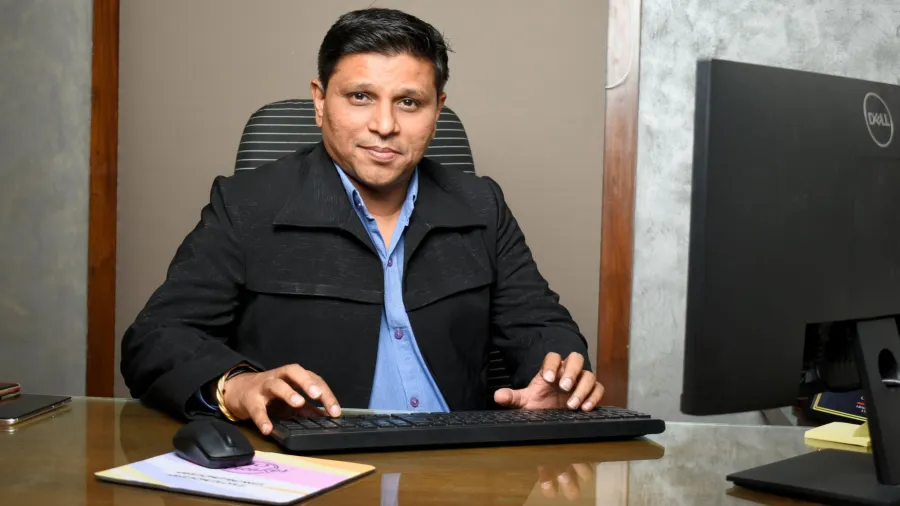
99 Pancakes is for dessert, not just for breakfast
The company seeks to reach 40 Indian cities by year-end from 25 now.
Mumbai-based 99 Pancakes is using live-experience cafes, where customers can watch their pancakes being made in front of them, to convince Indian customers that the thin, round, and fried breakfast pastry can be eaten for dessert, not just for breakfast.
“For long-term success, we aim to give new experiences to our customers and focus on retaining the customers with good quality and service,” Vikesh Shah, founder and CEO at 99 Pancakes, told QSR Media Asia. “That is the key.”
“We are in a pancake space that is very new to India. Positioning pancakes as a dessert and not as a breakfast sets out our positioning [in the market],” he added.
This has allowed 99 Pancakes to become a market leader with a first-mover advantage because of the concept—it is the only pancake brand in India, and it is primed for further expansion. 99 Pancakes seeks to add 100 more stores this year to its 65 stores now, Shah said.
The pancake chain, which operates in 25 cities across India, plans to reach 40 cities by the end of the year by using a mix of company-owned and franchise outlets.
Whilst expanding within India is the main focus, international markets are also on the horizon. “For international expansion, we are looking at the Middle East and Singapore. We are talking to a few franchisees, where they can be our partners and grow via a franchise model.”
“We plan to innovate new products every quarter or every six months—that will be our strategy,” he added.
99 Pancakes has expanded its menu to include a range of pancake varieties. Initially, it introduced mini or Holland pancakes and later, crepes or French pancakes. In April, 99 Pancakes will launch a new addition—Japanese-inspired Dura pancakes.
“A lot of innovation will be around pancakes—a new variety or a new category of pancakes is what we try to create,” Shah said.
To keep customers, the company uses a loyalty program via WhatsApp, where they are greeted and offered discounts on their birthdays and anniversaries, Shah said. 99 Pancakes also uses influencer marketing and social media such as Instagram to drive brand awareness.
Shah said competition is stiff in Asia’s quick-service restaurant (QSR) landscape. “People will start copying you. People will start seeing your concept and give cheaper rates, and with not a very good quality.”
Still, he thinks the QSR space remains vibrant and full of opportunities. “QSR is a booming market… It's a good space to be in.”
Shah cited the need to learn from global industry leaders. The upcoming QSR Media Asia Tabsquare Conference & Awards 2025 on 3 April in Singapore allows 99 Pancakes an opportunity to connect with and learn from experts in the field.
“It will be a new experience, forming new connections and getting ideas from people from the international market where the trends are different,” he said. “I’ll try to learn whatever I can and implement it in my own company so I can offer a better product.”
